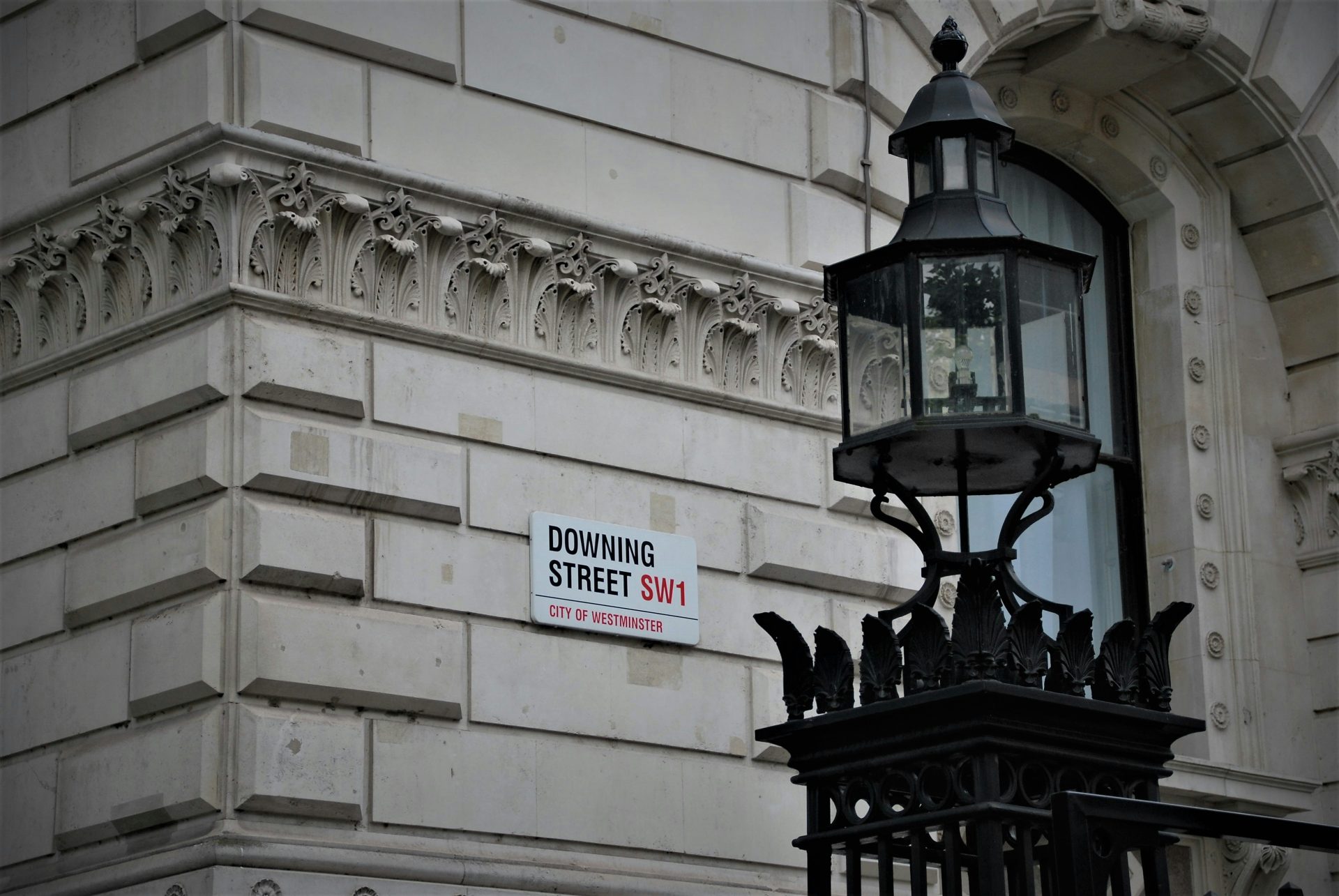And as someone with long-term health issues, I know how complicated the process of identifying with the word “disabled” can be.
For example, we at the Disability Policy Center have spoken to candidates who have faced a culture of discrimination within their political parties that did not support their most basic accessibility needs and, in short, made them feel unwelcome.
One candidate we spoke to, who uses a wheelchair, even withdrew his candidacy because he thought it was impractical given the difficulties of accessing the Capitol grounds.
In fact, this election holds the ignoble record of being the first election in over a decade in which no government funding was provided to support the campaigning of candidates with disabilities (though thankfully, government funding will be reinstated after this election).
The horror stories I hear at the Disability Policy Center about the experiences of people with disabilities in politics no longer surprise me.
Rob Halfen, the long-standing MP for Harlow who is disabled and standing in the election, said: “Parliament is probably the worst place in the world to be a disabled person.”
He also considered setting up a roadside stall along the A414 in his constituency during the general election instead of canvassing, a tactic he said worked well for him.
But Rob is also this year’s Minister of the Year and, as someone who has worked tirelessly for disabled people both locally and nationally, he is proof of what a disabled politician can do.
Similarly, Marcia de Cordova, who is seeking re-election as the Labour MP for Battersea, is disabled and has been a vocal campaigner for disability rights, but importantly her political contributions extend well beyond the disability sector to sport, social care, housing and human rights.
Having more politicians with disabilities means greater insight across a range of fields, not just disability.
While the problem may seem complex, some of the initial solutions can be incredibly simple.
Firstly, we need to make Parliament fully accessible. Clearly, people with disabilities will not feel included in the political process if they cannot move around the building where most laws are made.
Second, the culture of ableism needs to be removed from political parties. It’s clear from the research we’ve done and the stories I’ve heard that a culture of ableism is smothering the political ambitions of disabled people. And that cannot be tolerated.
Finally, candidates with disabilities need to ensure they have adequate funding to overcome accessibility challenges while campaigning. Thankfully, the Access to Public Offices Fund will be reinstated after this election, but we need to ensure it is protected and adequately funded.
These are just the first, smallest, most basic steps towards putting a spotlight on the lived experiences of disabled people in our political debate.
Unless we do this, we can expect politicians to continue to get disability wrong and fail to take bold action on key issues that affect us all today, such as health, housing, education and welfare reform.
Getting the disability right is what’s right for all of us.
Chloe Schendel Wilson is co-founder and director of the Disability Policy Center.
Do you have a story or opinion you’d like to share on this? Get in touch and tell us more. The Big Issue exists to provide income-generating opportunities for homeless and marginalised people. To support our work, buy the magazine or get our app from the App Store or Google Play.

